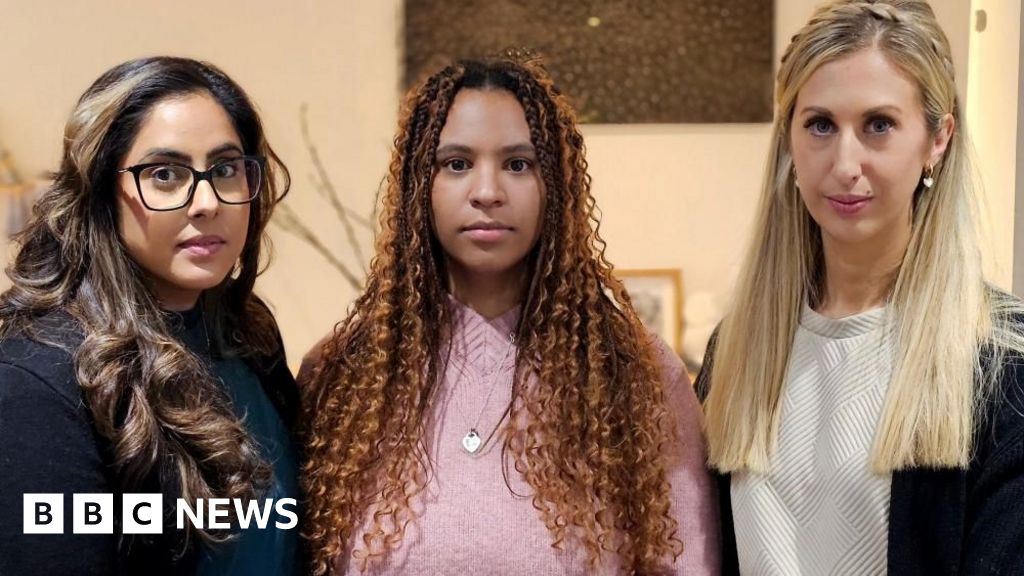Glasgow and Edinburgh Remember the 80th Anniversary of VE Day Amid Global Tensions
Scotland solemnly marked the 80th anniversary of VE Day with a series of tributes across Glasgow and Edinburgh, reflecting on the sacrifices made during the Second World War and the enduring lessons for today's world. In Glasgow, a two-minute silence enveloped the city, with residents pausing in streets, businesses, and train stations to honor the bravery of those who fought against Nazi Germany. The commemorations culminated in a thanksgiving service at Glasgow Cathedral, attended by military representatives, veterans' organizations, and elected officials, including Deputy First Minister Kate Forbes and Scotland Office minister Kirsty McNeill.
The day's events were not only a remembrance of past valor but also a moment to contemplate current global challenges. Scottish Greens co-leader Lorna Slater, speaking at FMQs, drew parallels between the fight against fascism during the Second World War and today's struggles against rising global violence and oppression. Her remarks underscored the importance of vigilance and unity in the face of threats to democracy and human rights, echoing the sentiments of many who see history's lessons as vital for navigating present and future challenges.
In Edinburgh, the UK Government's commemorations included a visit by Scottish Secretary Ian Murray to the Lady Haig Poppy Factory, where he met with World War II veterans. The factory, a symbol of remembrance and support for veterans, serves as a poignant reminder of the ongoing need to honor and assist those who have served. Murray's reflections on the significance of VE Day highlighted the day as a turning point in history, emphasizing the gratitude owed to the wartime generation for securing the freedoms enjoyed today.
As Scotland looked back on the 80th anniversary of VE Day, the commemorations served as a bridge between past and present, honoring the sacrifices of those who fought against tyranny while also calling attention to the need for peace and resistance against the resurgence of fascism and violence worldwide. The day's events, marked by silence, reflection, and speeches, offered a moment of unity and remembrance, reminding all of the cost of war and the preciousness of peace.





